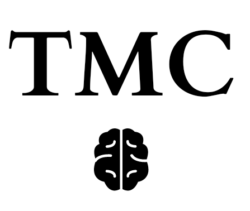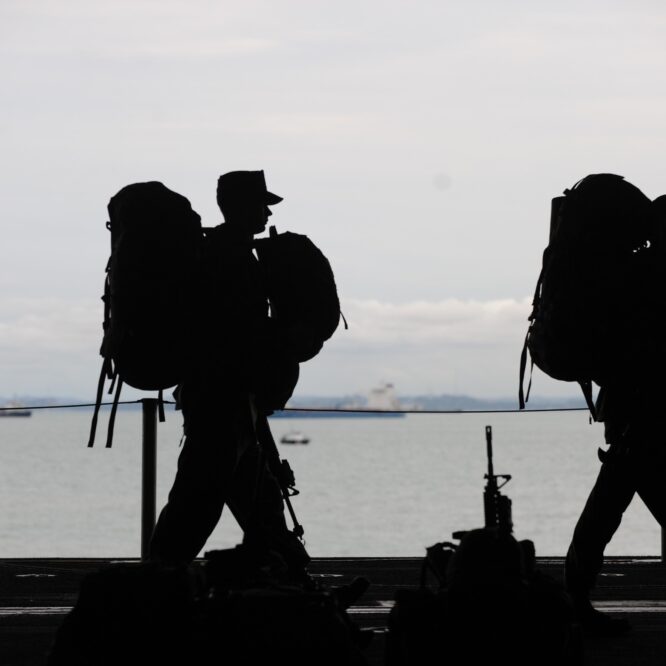The emotionally intelligent soldiers.
The emotionally intelligent soldiers and mental peacekeeping – It is autumn 1945 and hundreds of thousands of young, war-weary and disillusioned men are making their way back to their home countries at the end of the Second World War, many having fought endlessly for six years. The fatigue is beyond description. The damage to their personalities indescribable.
These are the ‘lucky’ ones who survived. Ordinary men from ordinary backgrounds, the majority not even professional soldiers to begin with, but becoming experts at killing and survival during their time away from home.
For many, the return to home was a huge shock for both them and their families. They had fundamentally changed but their families expected sons, dads, brothers, uncles and cousins to be the same men that left home all that time ago. They had received encouraging letters from their loved ones, but meeting this stranger in their homes was uncomfortable. They had no idea what their men had experienced and most of the men locked away the horrors they had witnessed deep inside their psyches, never to be discussed.
It was common for these men to be short-tempered, aggressive, violent, subject to sudden tears and emotionally locked down, reliving the events in their minds and being unable to express their anxiety. In the First World War this behaviour was referred to as ‘shell shock’. We now know it as PTSD, or Post Traumatic Stress Disorder.
Wars over thousands of years have been extremely violent, with those in the 20th Century being more ferocious than ever before, mainly due to modern weaponry. Professional soldiers were taught specialist skills, how to fight, use weapons effectively, extreme discipline and survival. They became professional thugs, often psychopaths, emotionally detached and in such wars, these personality traits were arguably essential. They were never taught how to deal with the inevitable trauma and were ignored or rejected by the armies and societies they fought for.
The PTSD fallout of such battle experience is unavoidable. Human beings are not designed to see each other cut to shreds, blown up and killed. And the end result can be as horrific. A surprising fact about the Falklands War for example is that there has been more suicides of servicemen than their colleagues who actually died during the campaign, most of which are related to PTSD. (1) Indeed, the number one killer of men under 50 now is suicide, a shocking statistic (2).
Soldiers suffering from PTSD often have no idea where to turn and end up in prison or homeless on the streets. They become estranged from friends and family and feel helpless.
PTSD is treatable with the right support. But is it avoidable? Well, yes.
Over the years, soldiers have been seen as alpha-males, exhibiting traits of toxic masculinity (3) such as dominance, violence, extreme self-reliance and the suppression of emotions. They have been the only gender allowed to fight and it’s only in recent years that women have been allowed to join them on the front line, due in part to the so-called benefits of toxic masculinity in the battle field.
But what if we were able to create an ‘emotional soldier’, somebody who is trained in the standard disciplines of modern soldiering, but also someone who displays emotions such as empathy, somebody who is able to speak about situations they are part of, who actually cares for the people he or she are supposed to fight?
In 1945 and in similar wars over the centuries, battles were aggressively fought at all costs, in order to gain ground, wipe out armies, win land and wealth, and defeat enemies. However, times are beginning to change and modern armies are now deployed as peacekeepers around the world, winning the hearts and minds of the people in whose countries they are stationed. Soldiers are now more likely to be patrolling streets promoting peace than shooting to kill.
This can be seen in the number of soldiers currently employed by the British Army. There were 3,000,000 men in the Army at the end of 1945 and now there are just under 82,000 regular soldiers (4), a number significantly short in the unlikely event of the break out of another World War. War is becoming unfashionable and new methods of diplomacy being employed.
Emotional soldiers are also more likely to evolve as the Army becomes more gender aware and all genders are given equal opportunities on the ‘front line’. In essence, there is evidence that toxic masculinity is being diluted.
There will be situations where peacekeeping cannot be isolated and battles have to be fought, but if a soldier is taught to express emotions, given correct support and treatment for traumatic events both during campaigns and as importantly, once his or her service has ended, PTSD can be dramatically minimised and the wider negative effects upon families, society and the individual can be mitigated.
(1) Mail on Sunday – Suicide of Falklands Veterans (2) http://www.pmcgregor.com/why-men-kill-themselves/ (3) Wikipedia – Toxic Masculinity (4) Wikipedia – The British Army
What are your thoughts on the emotionally intelligent soldiers? Do you think soldiers should be alpha male types?

